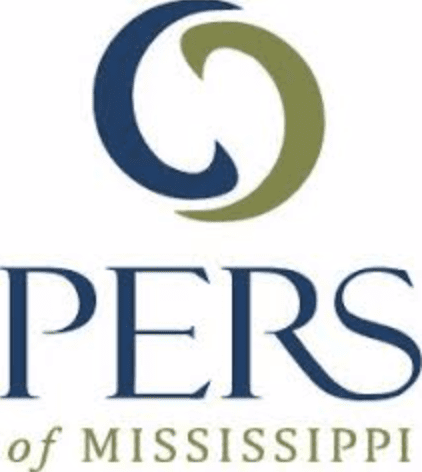
The PERS Board met on Tuesday to address a rule that currently prevents any retired public employees from serving in the Legislature and collecting state pensions at the same time.
The board has received pressure from elected officials like Attorney General Jim Hood who has released several statements regarding his feelings on the current rule including an opinion back in November that challenged the longstanding rule.
Tuesday, the PERS Board was tasked with decided whether or not to adopt regulations that would implement the AG’s opinion before the March 1, 2019 qualifying deadline for this years election season.
According to the Associated Press, the PERS Executive Director Ray Higgins, said that the pension fund’s staffers have been looking at the issues raised by Hood’s earlier ruling and as of late Monday there were still some concerns of what the changes could effect on the pensions federal tax-exempt status.
“The PERS Retiree members have vested rights to their benefits, are entitled to receive their benefits and, if qualified and elected, they have a right to serve as a representative or senator in the Mississippi Legislature without forfeiture of their PERS retirement benefits,” the opinion says. General Hood issued another opinion in January answering related questions (attached and linked here).
At noon the PERS board voted to instruct staff to develop a rule allowing retired public school employees to serve in the MS Legislature while drawing retirement benefits, making sure that the rule is in compliance with the AG’s opinion and state and federal law. Deadline 1/1/20.
— Cecil Brown (@CecilBrown18) February 12, 2019
This ruling would mean that the ruling would not change before the 2019 election qualifying date. However, it would go into effect once those officials are sworn in.
In Hood’s opinion, he said lawmakers would collect their retirement benefits plus half of a lawmaker’s salary. The pay would then be considered as “earned compensation.” In the November opinion, it also stated that retirees could return to work under different provisions and still earn up to 25% of their previous pay.












